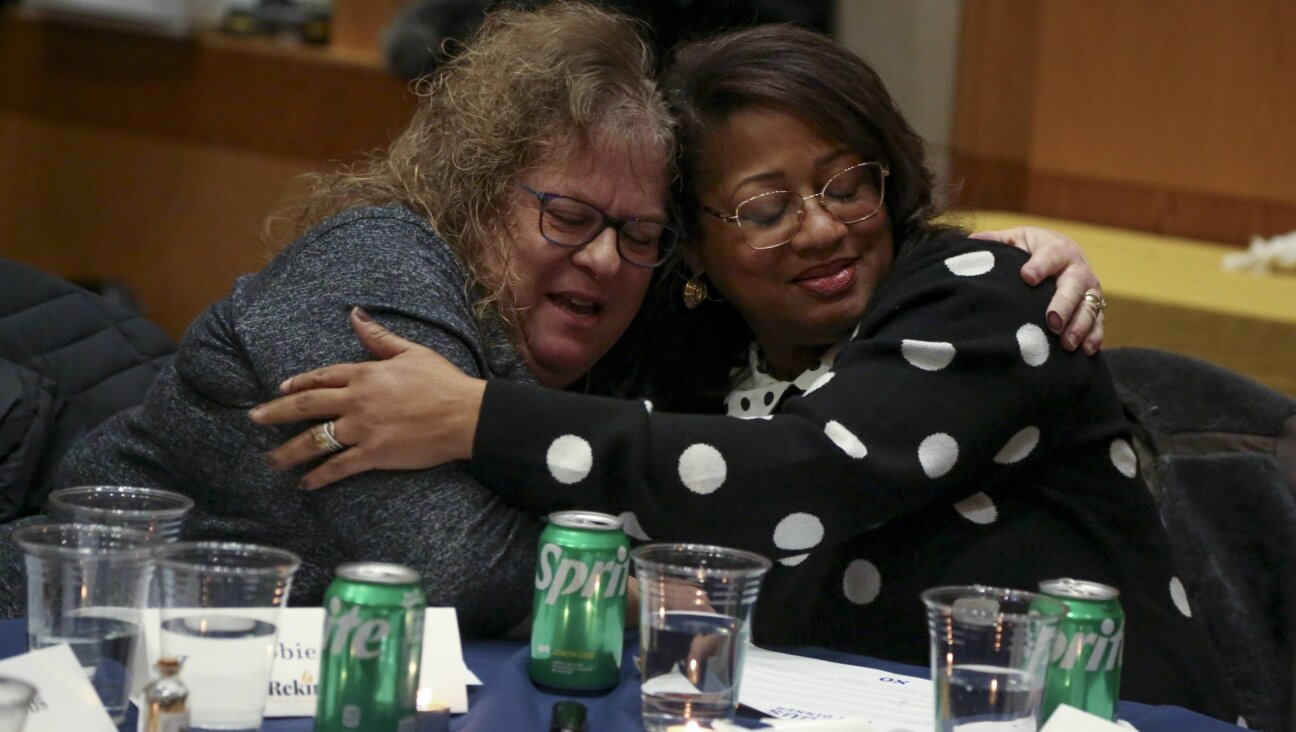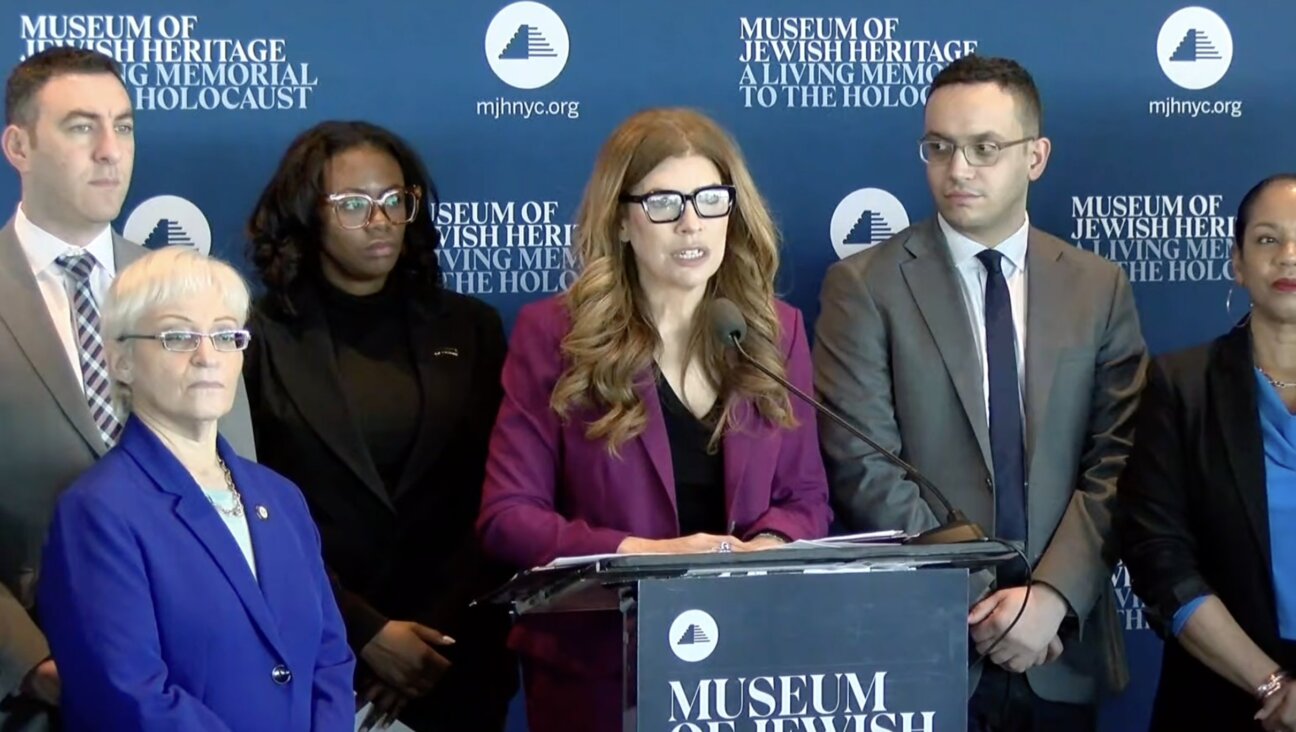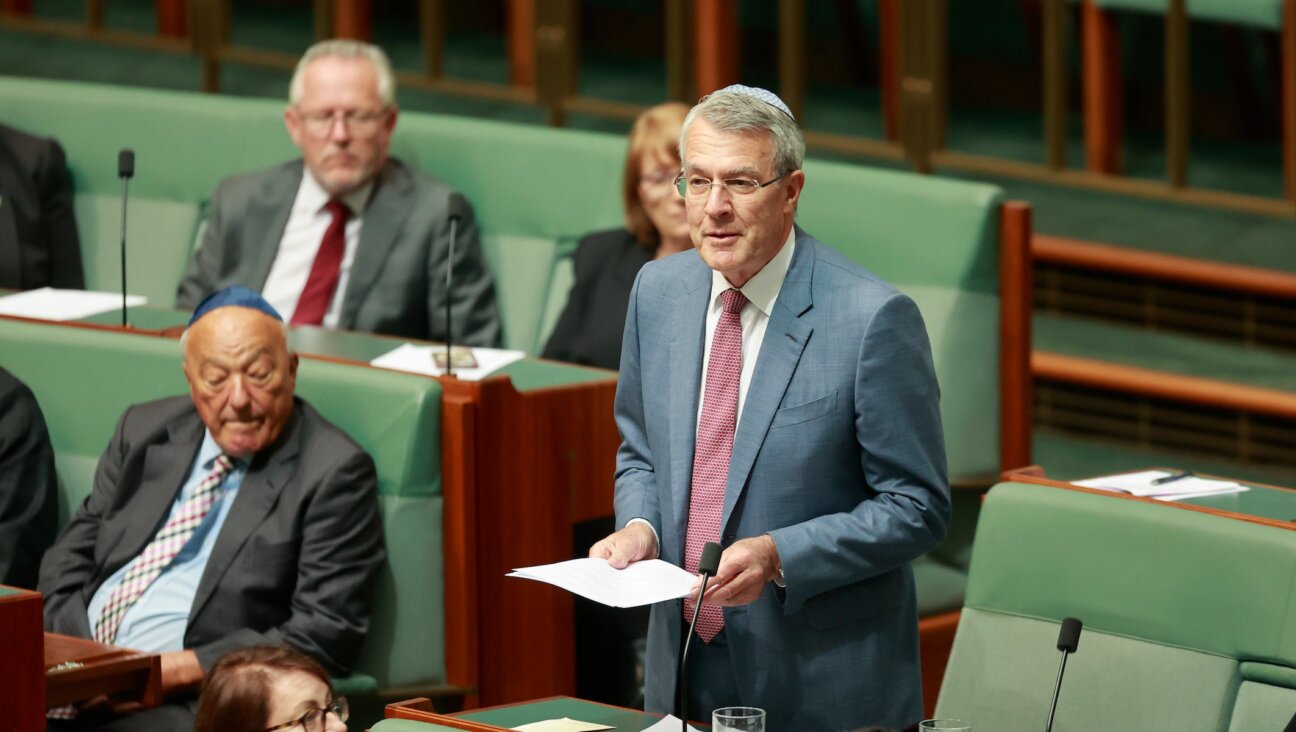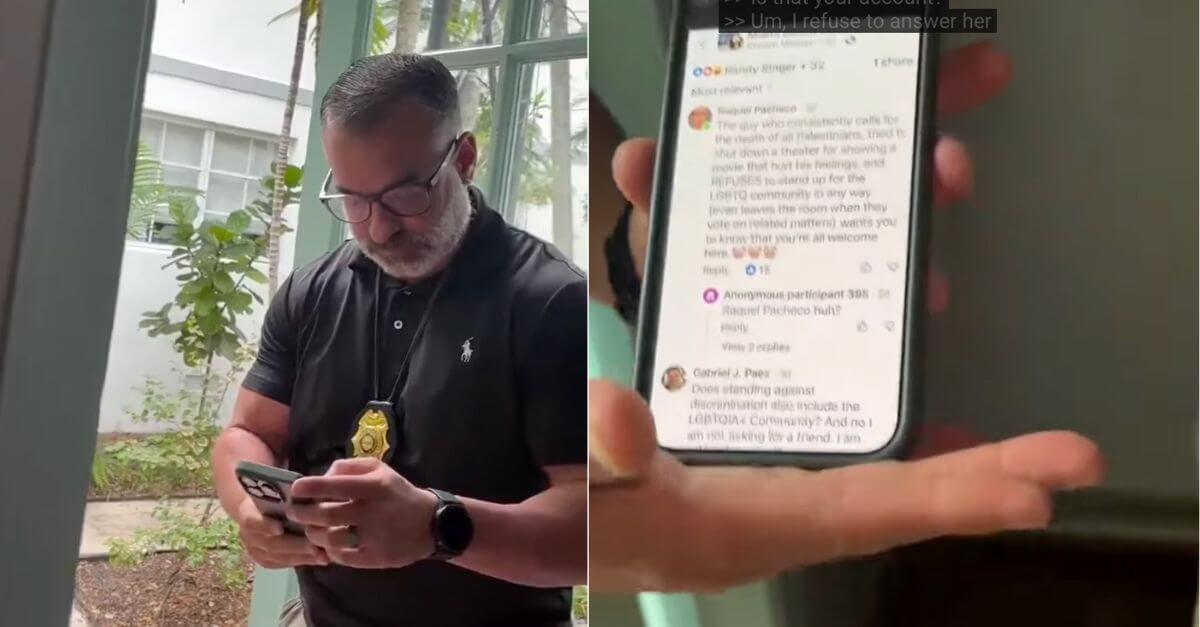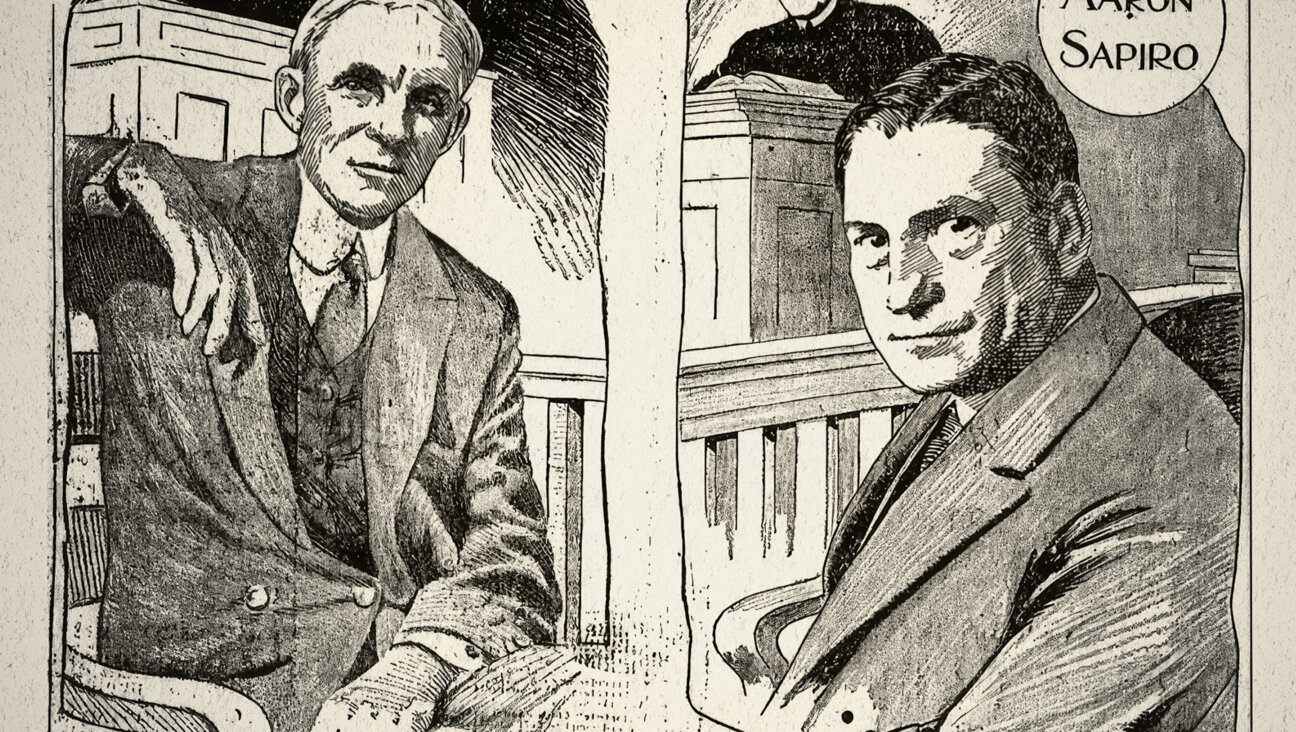In the Wilderness of Ink
Certain scholars believe that the Redactor added a single sentence to this week’s Torah portion.
What are they doing, Uncle?
It’s another census, chickpea.
Why?
You ask a lot of questions, Phinehas.
Will you give a half-shekel, too? Will they count you, too, this time?
Has someone been teasing you again?
No. Yes. No, Uncle.
Listen, I’m going to tell you an important secret.
What is it?
The uncle’s sandals creaked as he knelt, light-colored robes rustling. In the middle distance, a mountain cast an increasingly long shadow. A horn blew again. What could he tell this boy whom he’d found morosely play-fighting, his sword a sharpened olive branch, his opponent a couple of entwined logs now cast asunder?
What we priests do is very dangerous, the uncle whispered.
The boy shrugged. His face was streaked with dirt and the remnants of tears.
I tell you what. Tonight we’re going to bring a special fire. Would you like that?
But the boy shrugged again, dropped his “sword” and ran off, bare feet in the sand leaving half-prints the wind was already erasing.
The uncle hurried also now, glancing at the mountain behind which the sun was disappearing. Was that a trail of thin, blue smoke? He licked his lips. He could understand the boy’s impatience, although his own derived from another source. More than a year had passed since the hasty departure from Egypt. The people had endured all the hardships of travel, of revelation and the inevitable letdown and sudden illness, too. No matter! Tonight, before passing to the altar, he and his brother would drink a little wine (as had become their custom) and whisper together about how things would be soon… soon… why call another census, so soon?
It could only be, he exulted, that they were crossing over in a few days’ time.
“Now these are the generations,” the Redactor read aloud and reached a hand toward an endless sparkling of dust motes.
Halfway through the sentence he was inserting, he paused to reconnoiter. He sent, as it were, his spies on ahead: wilderness, lists he himself had preserved, more wilderness: moral failure of one generation, rise of the next. Miracle was the passing on from one generation to the next of a code of ethics. In order for this to happen… he, the Redactor, took this “journey,” his vehicle a sharpened quill dipped in a clay pot of ink, his desert a well-treated lambskin scroll.
In his grandfather’s time, the people had journeyed also — through ruined Mari and on to Haran — from Damascus to the Sea of Galilee and down through the mountains, finally, to the half-ruined city of Jerusalem. And still through the open window came sounds of much-reduced Jerusalem: shouts of laborers repairing the city wall, protests of vendors thrust suddenly beyond the Horse Gate. On the broad table before him, to his right and to his left, he’d lain certain scrolls returned from Babylon: a Book of Generations, a List of Places. Single-handedly he’d copied, spliced, threaded, improved.
Unconsciously he fondled the edges of the lambskin where they’d begun to curl. He’d arrived at another crossroads, that is, another doubling.
He considered even now, frankly, deleting this further mention of Aaron’s older sons — their bringing “outside fire” and turning their father’s moment of triumph into shame. The Jews of this new Jerusalem — if you could call them Jews–needed the imposition of order, not a critical spirit. His task, his mitzvah, was delicately to forge one forward-moving document. He considered writing the words, “of Moses and Aaron in the day that the Lord spoke with Moses in Mount Sinai,” but the list that ensued referred solely to the generations of Aaron. At times he half-suspected, then gave up as unlikely, the possibility of another redactor before him, one inclined to denigrate the Redactor’s own ancestors!
Without further hesitation, he reversed the order of names and wrote instead “Aaron and Moses.”
The sons’ wildness was now subsumed by the relentlessness of generations: from Eleazar to Phinehas, from Phinehas of the skewering sword to Bishua and Bukki and Uzzi, and Amariah and Zadok and even unto Seraiah….
Through the window he heard a new cry and, glancing out, saw a man leaping onto a thick rope he’d managed to tie between two gateposts. A small crowd was cheering him on as he stepped out across the air. Inserting a last yod on the word “Sinai,” the Redactor picked up the journey where he’d left off.
Beth Bosworth is the author of “A Burden of Earth and Other Stories” (Hanging Loose Press, 1995) and the novel “Tunneling” (Crown Publishers/Shaye Areheart Books, 2003).

